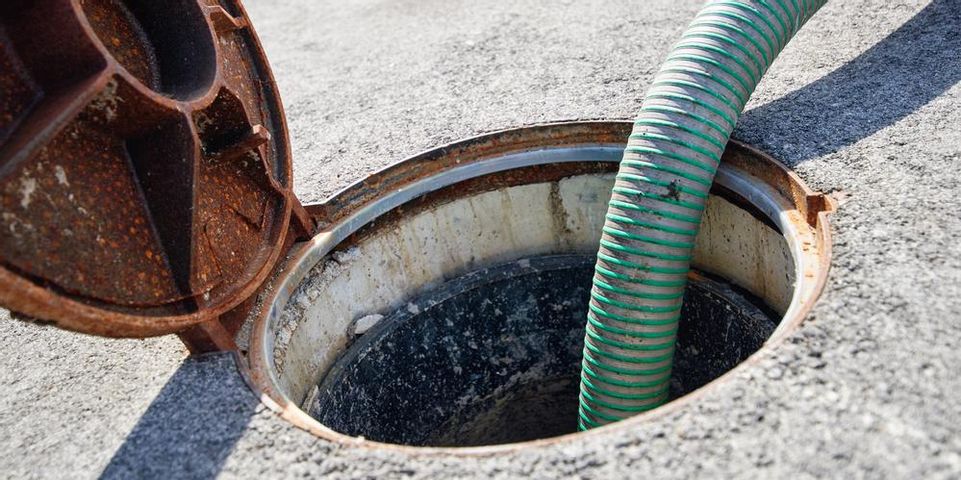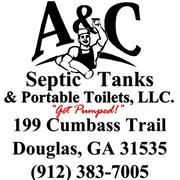
While most people have a general idea of what a septic system is, not everyone understands how they work. These underground wastewater treatment structures consist of a septic tank and a drainfield, and their primary purpose is to treat wastewater from private households. Septic systems are common in rural areas, but they can just as easily be found in urban areas, too. The experts at A & C Septic Tanks & Portable Toilets install, repair, and service septic systems for commercial and residential customers in Douglas, GA. They’ve compiled this guide to help users better understand how their tanks work.
Your Simple Guide to Septic Tanks
How Do Septic Systems Work?
 Wastewater from your bathrooms, kitchen drains, and laundry flows out of your house through a drainage pipe and into a septic tank, a watertight container buried on your property. It digests organic matter, separating solids and other materials from the wastewater. The water, free of sludge and scum, is then pushed from the septic tank into the drainfield area, where it is filtered through the soil.
Wastewater from your bathrooms, kitchen drains, and laundry flows out of your house through a drainage pipe and into a septic tank, a watertight container buried on your property. It digests organic matter, separating solids and other materials from the wastewater. The water, free of sludge and scum, is then pushed from the septic tank into the drainfield area, where it is filtered through the soil.
How Often Does It Need Maintenance?
Septic tanks can fail under certain conditions, such as reaching maximum capacity, poor maintenance, and improper installation. If you smell foul odors around your home that can’t be explained, find sewage backing up into drains, or step in pooling water in your yard, you should contact a professional for septic repairs immediately.
Everyday maintenance should include keeping trees and their roots away from your septic system, not disposing of grease, harsh chemicals, and garbage in your wastewater, and routine septic tank pumping. Tanks should be pumped and cleaned every few years to avoid problems.
Septic systems are a complex part of a home’s plumbing, but they effectively treat household wastewater. To have one installed or repaired, call the specialists at A & C Septic Tanks & Portable Toilets at (912) 383-7005 to schedule an appointment, or learn more online.
About the Business
Have a question? Ask the experts!
Send your question

